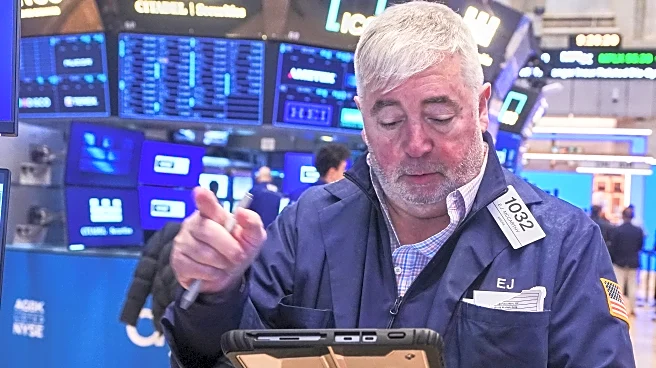What's Happening?
Iran's Supreme Leader Ayatollah Ali Khamenei has declared that Iran will not succumb to US pressure regarding nuclear negotiations. Khamenei's statement comes in the wake of Iran and European powers agreeing to resume discussions aimed at curbing Tehran's nuclear enrichment activities. He emphasized that Iran will resist any expectations of obedience to the United States, underscoring the ongoing tensions between the two nations over Iran's nuclear program.
Why It's Important?
Khamenei's defiant stance highlights the persistent challenges in diplomatic relations between Iran and the United States. The refusal to bow to US demands could complicate efforts to reach a consensus on nuclear issues, potentially affecting regional stability and international security. The situation may impact global oil markets and influence geopolitical alliances, as Iran's nuclear capabilities remain a contentious issue for many countries.
What's Next?
The resumption of talks between Iran and European powers suggests a continued effort to find a diplomatic solution. However, Khamenei's firm position may lead to prolonged negotiations or stalemates. Stakeholders, including the US and European nations, will likely reassess their strategies to address Iran's nuclear ambitions while balancing regional security concerns.
Beyond the Headlines
Khamenei's comments reflect broader ideological and political tensions between Iran and Western nations. The resistance to US influence is part of a larger narrative of national sovereignty and independence that Iran has maintained. This stance may resonate with other countries facing similar pressures, potentially influencing global diplomatic dynamics.










